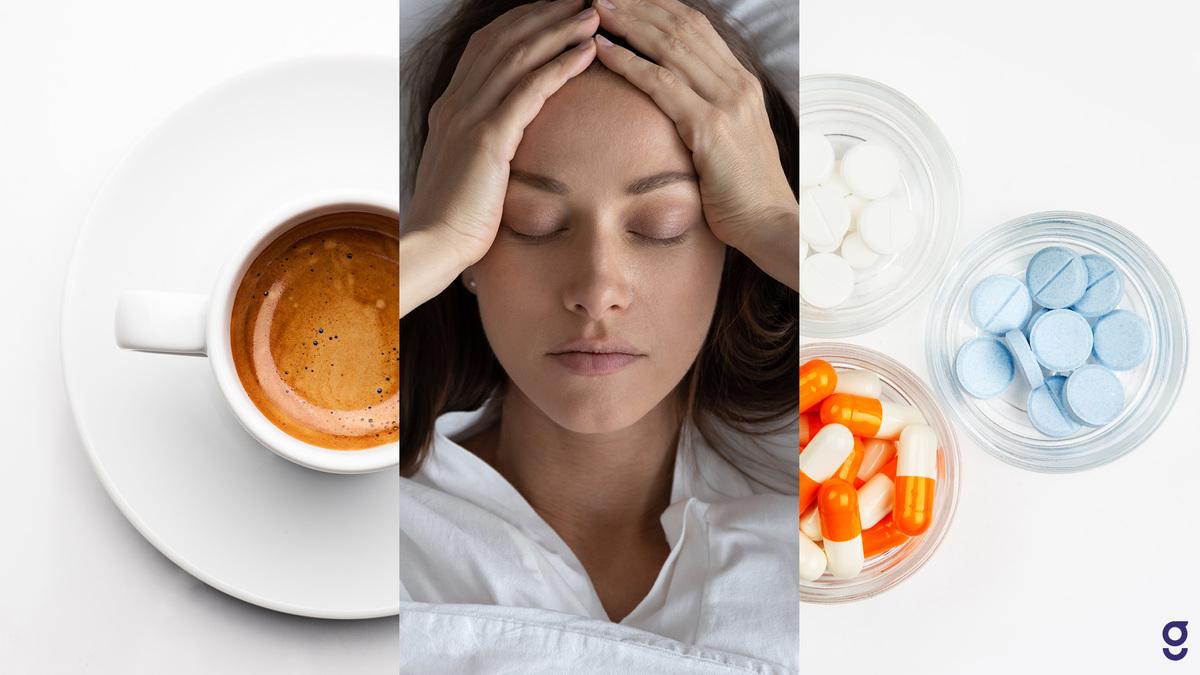How Stimulants Affect Your Sleep

If you are having trouble sleeping, take a look inside your pantry and medicine cabinet. Some culprits like coffee and cough medicines are known stimulants, but you may be getting more than you think from other sources. Various medicines, supplements, as well as food and drinks may also keep you awake. Avoiding them can help improve your sleep.
Why do stimulants create sleep problems?
Stimulants are substances that increase the level of some chemical messengers in the central nervous system. By doing so, they make a person more alert and energized. They also increase blood pressure and heart and breathing rates. In other words, they stimulate the mind and body.
All of those changes may make it difficult for a person to sleep. In fact, stimulants themselves may be the cause of some sleep problems.
Stimulants In Foods, Medicines, and Supplements
Have you thought about the stimulants that may be hiding in your foods, drinks, medicines, or supplements?
Goodpath sleep programs and coaches can help you identify stimulants that may be interfering with your sleep. You can also talk with your doctor or pharmacist.
The research on stimulants in foods, medicines, and supplements isn’t entirely clear. The following list includes some types of stimulants and examples, although there are other stimulants in each category.
Foods. Your overall diet may have a stimulating effect, particularly:
High saturated fat
High sugar
Low fiber diet
Caffeine-containing foods and beverages. Avoid consuming these in the late afternoon or evening:
Chocolate
Cocoa
Coffee, tea, soda or soft drinks
Energy drinks (may also contain taurine)
Prescriptions. Doctors may change the time of day you take these, the dose, or prescribe another medication:
Allergy medications
Antidepressants
Attention-deficit (ADHD) medication
Blood pressure medication
Corticosteroids
Decongestants
Heart medications
Over-the-counter (OTC) medications. Common culprits are:
Pain relievers with caffeine
Multivitamins (especially those with B-complex vitamins)
Decongestants
Supplements. While aimed at helping the body, they could be hurting sleep, including:
Carnitine
Ginseng
Guarana
Taurine
Nicotine. This can disrupt the natural sleep-wake cycle and increases the risk of obstructive sleep apnea (OSA):
E-cigarettes
Cigarettes
Vape pens
Tobacco products
Goodpath can help you get back to sleep
Avoiding stimulants is one step you can take if you’re having trouble sleeping. Because your habits and other factors contribute to insomnia and other sleep problems, a well-rounded treatment approach works best.
Goodpath first assesses each person’s sleep symptoms and medical history to offer a personalized sleep program. Our sleep program includes behavioral therapy, supplements, over-the-counter medicines, relaxation techniques, as well as exercise and nutritional support.
You can get started by taking a few minutes to take our free sleep assessment.